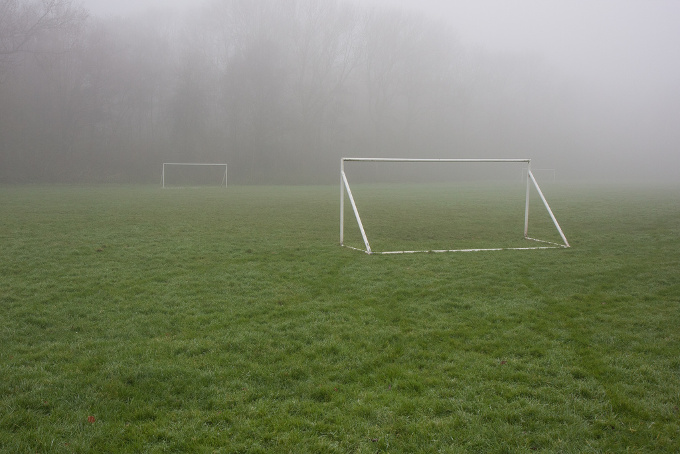Beginning Therapy? Just the fact that you have decided to seek help of a therapist is a huge step forward towards your emotional well being. REBT is generally short term and often didactic. To make the best out of your sessions I would like to suggest a few tips which will help you maximise the benefits.

I have taken Anxiety as an example disorder here but I am sure that these tips will apply to many things that you choose to apply it to. However if any of the following seems daunting or in itself induces anxiety let it be, your therapist will guide you 🙂
Have an agenda
Know why you are going to the therapist. That one thing that makes you most anxious and you would like to change – set that as a goal. Try to picture your life minus that anxiety. If you have in your mind a clear picture of how you would like your life to be if you were free of anxiety,you will know what you are working towards. Share your ideas with your therapist so that he or she can help you reach your goals. Setting goals gives impetus to change.
You have to make it work
Results from therapy are not a given fact nor are they automatic. You are the one who has to make therapy work for you. Like everything else in life you can only get out what you put in. Effort is required if any significant changes are to take places. If you have been prey to anxiety for a long time. It will take time and effort to isolate old thought patterns and develop ways to counteract and modify them but it will happen if you try.
Practice will make you better
Practice! Practice!! Practice!!! Be conscientious in the use of techniques learned in therapy. Just remember that whatever you are doing is worth doing and if it is worth doing, it is also worth it to not do it well. Yes, sounds confusing but it simply means that do not let a few bad tries pull you down.
No one is forever free of emotional problems, but you will realise that anxiety need not dominate your existence.
Reward yourself
Reward yourself for your actions. If you feel that something did not go very well try to grade your success and then reward yourself proportionately. Permit yourself the pleasure of feeling excited about exploring new ways to meet life’s challenges. You have shown the initiative to seek help, this indicates that there is a lively spark of hope and expectation within you. As therapy progresses and anxiety recedes, that spark of hope will kindle a new enthusiasm for daily living.
Therapist is not the only one
You are not alone. Your own extended family, relatives, friends, coworkers and others interested in your well-being are all potential participants in yours progress. Learn to call upon them for understanding and help. Usually these significant others experience favorable changes in their own lives when they are called upon to help another. Seek out support groups in your area. If you are in Nagpur, you are in luck – Participate in Happy Hour Discussion group.
Photo: “PressureSensitiveStartingBlocks” by Andrew Hecker.




